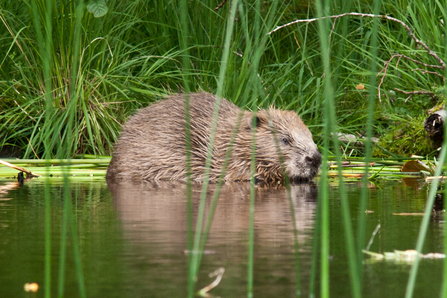The Wildlife Trusts, RSPB, Woodland Trust and National Trust have today published a set of principles for ensuring ‘nature markets’ truly deliver for nature, climate and people.
With an estimated £6 billion annual funding gap for UK nature recovery across land and sea, the UK Government has set an ambitious target to grow annual private investment in nature by at least £500 million by 2027, rising to over £1 billion by 2030. It published its Nature Markets Framework in May and is working with the British Standards Institute to develop robust standards for green financing.
Nature markets are based on the sale of environmental ‘credits’ such as carbon credits, biodiversity units, nutrient credits, and natural flood management payments. They are generated by nature-based solutions that have the capacity to deliver multiple benefits for society and the environment, as well as opening up new income streams for rural communities and farmers.
The current lack of regulation for these emerging markets has led to concerns that poor quality or low ambition schemes could create a ‘wild west’ that allows certain industries or businesses to greenwash, while also missing out on opportunities to maximise benefits for nature and people.


